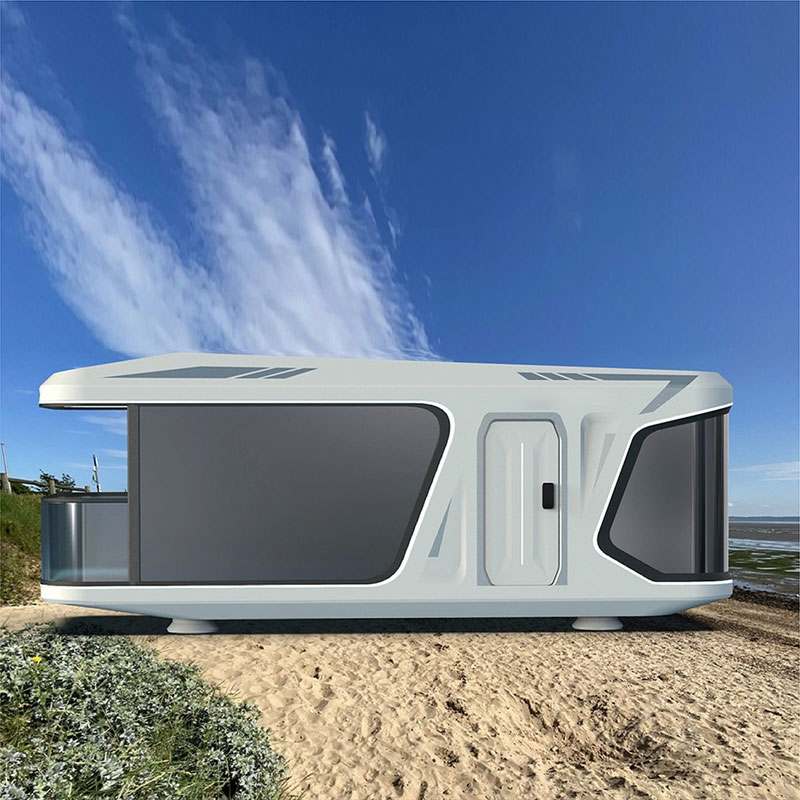
Foldable homes are becoming an increasingly popular option for those who prioritize sustainability and eco-friendly living. These homes offer several benefits that align with the principles of sustainable development, making them a valuable tool in the fight against climate change.
First and foremost, foldable homes are designed to be energy-efficient. Their lightweight materials and compact designs reduce the amount of energy required for heating and cooling, resulting in lower energy bills and reduced carbon emissions. Additionally, many foldable homes are designed to incorporate renewable energy sources such as solar panels, further reducing their environmental impact.
Foldable homes also offer the ability to create sustainable, off-grid living spaces. By incorporating rainwater harvesting systems, composting toilets, and other sustainable technologies, foldable homes can operate independently of traditional utility systems, reducing their environmental impact and allowing homeowners to live in harmony with nature.
Another benefit of foldable homes is their versatility. They can be designed and constructed to meet a wide range of needs, from tiny homes for minimalistic living to large, multi-level homes for families. This versatility allows for more sustainable development, as homeowners can choose the size and style of their home based on their specific needs, without contributing to urban sprawl or the destruction of natural habitats.
Finally, foldable homes can be built using sustainable and eco-friendly materials. Many manufacturers offer homes made from recycled materials, such as shipping containers, reducing the need for new construction materials and minimizing waste. Additionally, the ability to transport foldable homes in compact, pre-fabricated units reduces the environmental impact of transportation and allows for more sustainable development practices.
In conclusion, foldable homes play an important role in sustainable development and eco-friendly living. Their energy-efficient designs, versatility, and ability to incorporate sustainable technologies make them an attractive option for those looking to reduce their environmental impact and live in harmony with nature. As the world continues to prioritize sustainability, we can expect foldable homes to play an increasingly important role in the future of housing.



